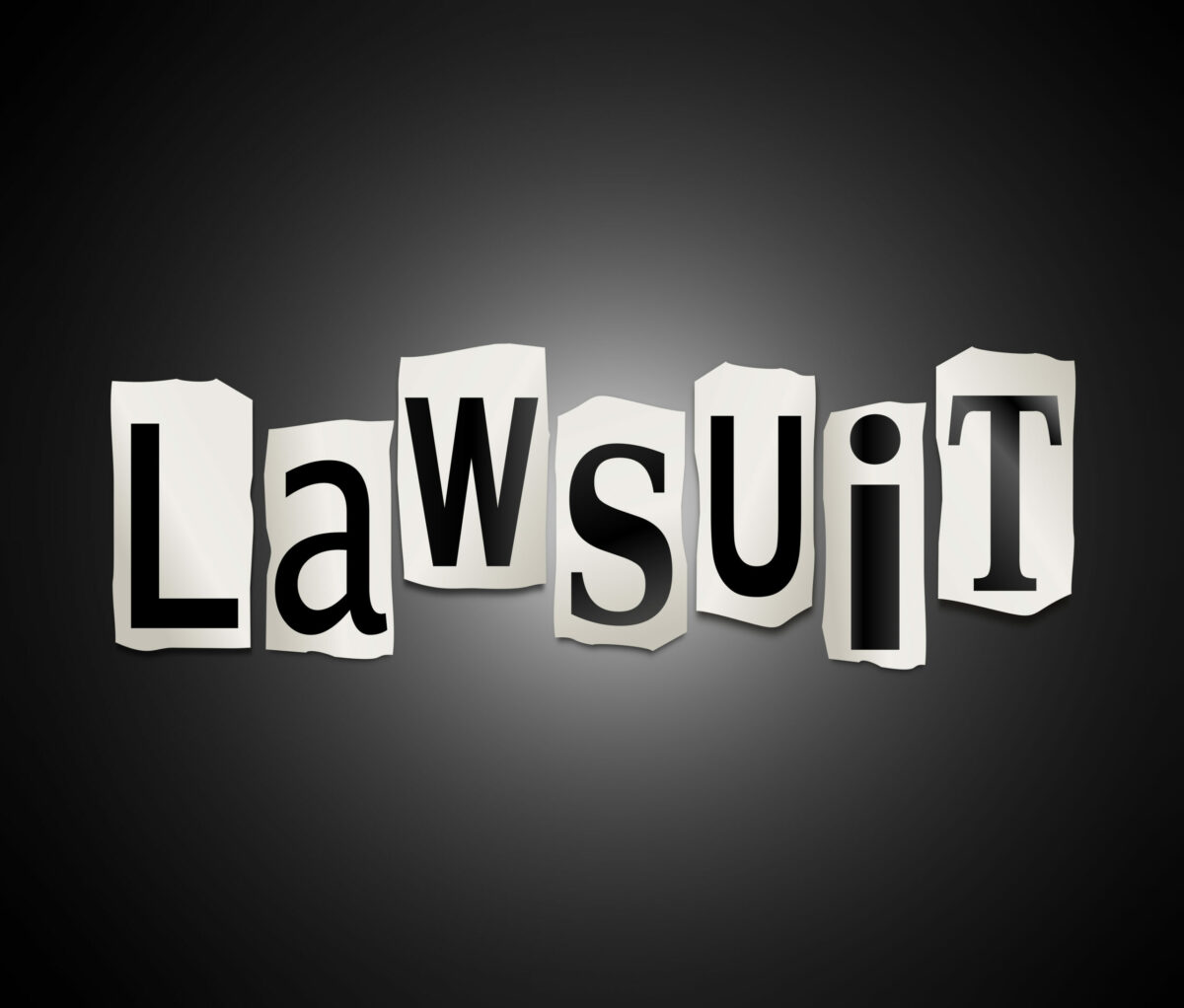 It was an average week for patent filings at the Patent Trial and Appeal Board (PTAB) and a slightly above-average week in district courts, with 62 district court complaints filed and 21 new PTAB petitions—one petition for Post Grant Review (PGR), and 20 for Inter Partes Review (IPR).
It was an average week for patent filings at the Patent Trial and Appeal Board (PTAB) and a slightly above-average week in district courts, with 62 district court complaints filed and 21 new PTAB petitions—one petition for Post Grant Review (PGR), and 20 for Inter Partes Review (IPR).
At the PTAB, challenges were filed against a number of entities, including Motion Offense LLC (affiliated with Oso IP, LLC), Daingean Technologies Ltd (affiliated with Magnetar Capital and Longford Capital), Monarch Networking Solutions LLC (affiliated with Acacia Research Corp.), Entropic Communications (affiliated with Fortress). Five filings came from Visa challenging four patents owned by Cortex Mcp Inc (affiliated with Uphold HQ, Inc.).
The PTAB instituted 13 cases, including two challenges by Trend Micro, Inc against a Webroot patent (affiliated with Open Text Corporation), and a challenge by Hisense USA Corp against a Brightplus Ventures LLC patent (associated with IPValuation Partners, LLC). Institution was denied in 12 cases and 15 cases settled, including two challenges by Mercedes-Benz against Michigan Motor Technologies (affiliated with Equitable IP Corporation). Ericsson settled six challenges against Koninklijke Kpn NV patents.
In district courts, 62 new cases were filed and 12 cases were terminated. RecepTrexx LLC (associated with Jeffrey M. Gross) filed three new cases against Ericsson, Verizon, and AT&T, and Display Technologies LLC (associated with Leigh M. Rothschild) filed two new cases against Wondershare Technology Group and Activision Publishing. Pueblo Nuevo LLC affiliates filed seven new cases.
Design Filings Continue to Dominate the Northern District of Illinois
The Northern District of Illinois continues to see a number of patent filings, with a total of six this week. Five of these filings are “Schedule A” cases, with unnamed defendants and in some cases, unnamed patents, hidden under seal. This continues a trend both this year, which has already reached double-digit Schedule A cases, and more broadly within the district, according to data from Lex Machina. While design patent cases were also filed in other districts, such as the Southern District of New York (7:24-cv-00604, seeking a declaratory judgement) and the Middle District of Florida (8:24-cv-00204, alleging infringement), the clear leader in such filings continues to be the Northern District of Illinois.
Discretionary Denials See Uptick
While the majority of institution denials at the PTAB are based on the merits, discretionary denials continue, including four this week. One denial was based solely on Section 325(d) (in PGR2023-00041), where the petitioner presented grounds that relied on five references, four of which were previously considered by the examiner. As part of its arguments, the petitioner noted that the U.S, Patent and Trademark Office (USPTO) had granted ex parte reexamination of a related patent, finding a substantial new question of patentability based on the same grounds as the petition in the PGR. However, the PTAB found that the grant of an ex parte reexamination did not serve as evidence itself of material error, and that the petitioner failed to provide other persuasive arguments or evidence to overcome the Advanced Bionics framework and Section 325(d).
Three other challenges were brought by Videndum Production Solutions, Inc. against Rotolight Ltd patents (affiliated with Rotolight Group Ltd). The patents at issue in the three IPRs were previously challenged in IPRs in which the cases were terminated. Two of the patents involved prior IPRs filed by Videndum in which institution was denied, where the PTAB denied institution in the follow-on petitions under Gen. Plastic Indus. Co. v. Canon Kabushiki Kaisha, IPR2016-01357, Paper 19 (PTAB Sept. 6, 2017). In the third case (IPR2023-01218), Videndum had not previously filed IPRs challenging the patent, but a challenge was filed by a competitor sued by the same patent owner. The PTAB found that the later-filed petition gave Videndum the opportunity to morph its positions and bolster arguments based on the trial record in the earlier-filed IPR, where the same grounds were used as the earlier-filed IPR. These cases serve as a reminder for petitioners to both be diligent in filing IPRs (especially copycat challenges), and to be aware of scrutiny by the PTAB against follow-on petitions by the same party.
Links to the cases discussed above and more are available in the Weekly UP, which can be found here.
Image Source: Deposit Photos
Author: 72soul
Image ID: 21876589

![[IPWatchdog Logo]](https://ipwatchdog.com/wp-content/themes/IPWatchdog%20-%202023/assets/images/temp/logo-small@2x.png)

![[Advertisement]](https://ipwatchdog.com/wp-content/uploads/2024/04/UnitedLex-May-2-2024-sidebar-700x500-1.jpg)
![[Advertisement]](https://ipwatchdog.com/wp-content/uploads/2024/04/Artificial-Intelligence-2024-REPLAY-sidebar-700x500-corrected.jpg)
![[Advertisement]](https://ipwatchdog.com/wp-content/uploads/2024/04/Patent-Litigation-Masters-2024-sidebar-700x500-1.jpg)

![[Advertisement]](https://ipwatchdog.com/wp-content/uploads/2021/12/WEBINAR-336-x-280-px.png)
![[Advertisement]](https://ipwatchdog.com/wp-content/uploads/2021/12/2021-Patent-Practice-on-Demand-recorded-Feb-2021-336-x-280.jpg)
![[Advertisement]](https://ipwatchdog.com/wp-content/uploads/2021/12/Ad-4-The-Invent-Patent-System™.png)






Join the Discussion
No comments yet. Add my comment.
Add Comment